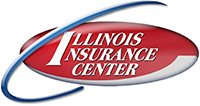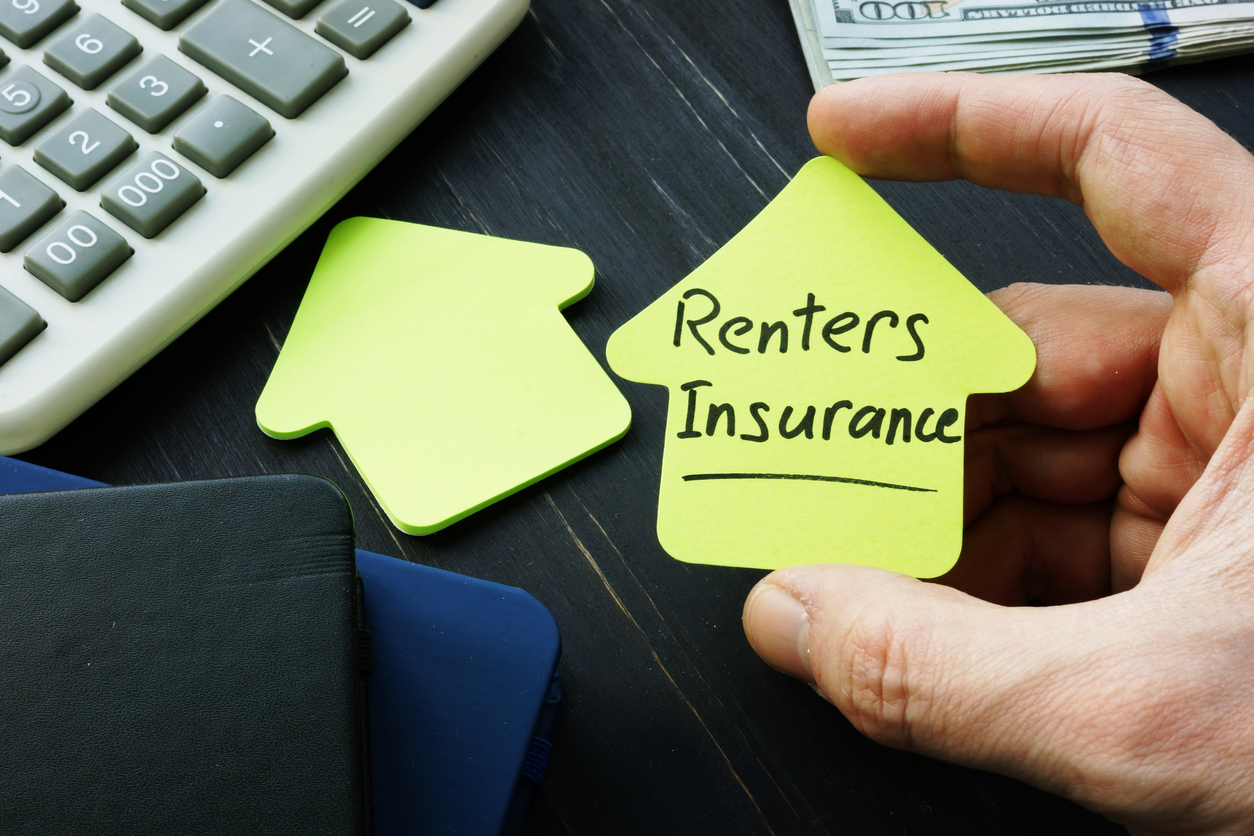When we sit down with business owners, one of the first things we ask is, “Do you only have the minimum required insurance?” Most of the time, they nod and say, “Yes, just what the law needs us to carry.” And while meeting those minimums keeps you compliant, it may not be enough to fully protect what you’ve worked so hard to build.
At Illinois Insurance Center, we’ve helped countless business owners from places like Aurora, Chicago, and Rockford take a closer look at their coverage. We’ll break it down for you in simple terms so you can feel confident making the right choice for your business.
What Is Minimum Required Insurance?
Minimum required insurance is the lowest amount of coverage a business must carry to meet legal or contractual rules. That might mean general liability coverage for slips and falls, commercial auto coverage for your work vehicles, or workers’ comp if you’ve got employees.
Let’s be clear—having just the minimum may protect you from fines, but it might not be enough to shield your business when real problems hit.
Why Minimum Required Insurance Often Falls Short
We know money’s tight, especially when you’re just getting off the ground. But here’s why you might want to take another look at those basic policies.
1. Business Growth Outpaces Your Coverage
When you first opened shop, maybe you only had one work van and a part-time helper. Now, you’ve got a team of five, more gear, and a growing list of clients in areas like Naperville and Joliet. Your business is expanding, and that’s a great thing—but your insurance might not have kept up.
If your coverage doesn’t reflect your current operations, you’re taking on more risk than you think.
2. State Minimums Are Often Outdated
Illinois sets basic coverage limits for commercial auto policies—$25,000 for injury to one person, $50,000 for multiple people, and $20,000 for property damage. That sounds like a lot… until you’re in an accident and the other vehicle costs $45,000. Once you max out your policy, the rest comes out of your pocket.
That’s why we encourage businesses to treat those legal minimums as a starting point, not the finish line.
3. Lenders Aren’t Thinking About You
If you finance a vehicle or building, your lender usually tells you how much coverage you need. But that’s just to protect their loan. What if your truck gets totaled and your insurance check doesn’t cover the full loan? You’re left paying the difference, plus replacing the truck.
It’s smart to carry coverage that protects your business, not just the lender’s interest.
4. No Two Businesses Are Alike
Even if you run the same kind of shop as someone else down the street, your risks might be different. Maybe you’re a contractor who transports high-value tools to every job site. If those tools get stolen or damaged, will your basic policy replace them?
That’s why we offer contractor insurance that looks beyond the bare minimum.
5. Financial Risks Can Snowball Quickly
Small businesses often live paycheck to paycheck, especially early on. So if an accident, lawsuit, or natural disaster hits, you could be facing major costs fast. Sure, the minimum required insurance might kick in—but what happens if the damage costs double that?
A customized business insurance plan can prevent financial setbacks that take years to bounce back from.
6. Liability Comes in More Forms Than You Think
Maybe you think, “I’ve got general liability—I’m good.” But what about cyber risks? Employment issues? Damage caused by employees driving personal vehicles?
With more work being done online, data breaches and fraud claims are on the rise. That’s why more business owners in Chicago are asking us about add-ons like cyber coverage and errors & omissions insurance.
Common Types of Coverage You Might Need More Of
Let’s go over some common areas where businesses often go underinsured—and how boosting your coverage could save you in the long run.
-
Commercial Auto Insurance
Your vehicles are always on the road—and so is your risk. The commercial auto insurance policy you picked up years ago might not cut it anymore. Accidents today cost more than ever between repairs, medical bills, and legal claims. We help business owners bump up their limits without breaking the bank. -
Home-Based Business Insurance
Working from home? Don’t assume your homeowners insurance covers business tools or client claims. Most policies exclude work-related incidents. That’s why we help small business owners blend home and business insurance where needed. -
Life Insurance for Business Owners
If something happened to you, could your business keep going? Would your family be financially okay? Our life insurance plans are designed to provide stability in case of sudden loss. It’s an often-overlooked piece of protecting your business. -
Specialized Contractor Insurance
Whether you’re a roofer, electrician, or plumber, you face unique risks every day. Our contractor insurance goes far beyond the minimum required insurance so you’re not left paying out of pocket for equipment damage or lawsuits.
Why Businesses Choose Illinois Insurance Center
We’ve been helping businesses all over Illinois—including Aurora, Naperville, and Rockford—for over 50 years. We’re not here to sell you something you don’t need. We’re here to explain what’s required, what’s smart, and what fits your budget.
When you call us at 708-524-4900 or visit our Contact Page, we take the time to understand your business and walk you through your options.
FAQ: Does Your Business Need More Than the Minimum Required Insurance?
-
Is the minimum required insurance enough for a small business?
Not always. It keeps you legal but may not protect you fully from lawsuits, damages, or loss of income. -
What kind of insurance is required by law in Illinois?
Typically, workers’ compensation, commercial auto insurance, and general liability are the basics. -
What happens if I only carry the minimum and face a large claim?
Once your insurance pays out the max amount, any remaining costs fall on your business. -
Does commercial auto insurance cover all drivers and vehicles?
No. You need to list all business vehicles and authorized drivers to be protected. -
How often should I review my business insurance?
At least once a year, or anytime your business changes—like adding employees or buying equipment. -
Can I bundle different types of coverage to save money?
Yes, we often bundle general liability, property, and auto coverage to make things easier and more affordable. -
Does homeowner’s insurance protect my home-based business?
Usually not. You’ll likely need a separate business policy or endorsement. -
Is life insurance necessary for business owners?
It’s not required, but it’s smart. It protects your family and business if something happens to you. -
Do you offer coverage in Rockford or Joliet?
Absolutely. We provide insurance in Rockford and insurance in Joliet, plus several other Illinois cities. -
How can I talk to someone about upgrading my coverage?
Call us at 708-524-4900 or head over to our contact page to book a time with one of our agents.
Final Thoughts: Stop Guessing—Let’s Get Your Business Covered Right
The bottom line? Minimum required insurance may help you check a box, but it doesn’t always cover real-world risks. We see this every day at Illinois Insurance Center, and we’re here to help you go beyond the basics without overspending.
Whether you’re just starting up in Naperville or managing a growing operation in Chicago, we’ll help you figure out what you truly need—no pressure, no fluff. Let’s protect what you’ve worked hard for.
Give us a call at 708-524-4900 or reach out through our Contact Page to get started. We’re proud to serve businesses across Illinois—and we’re ready to help yours too.





